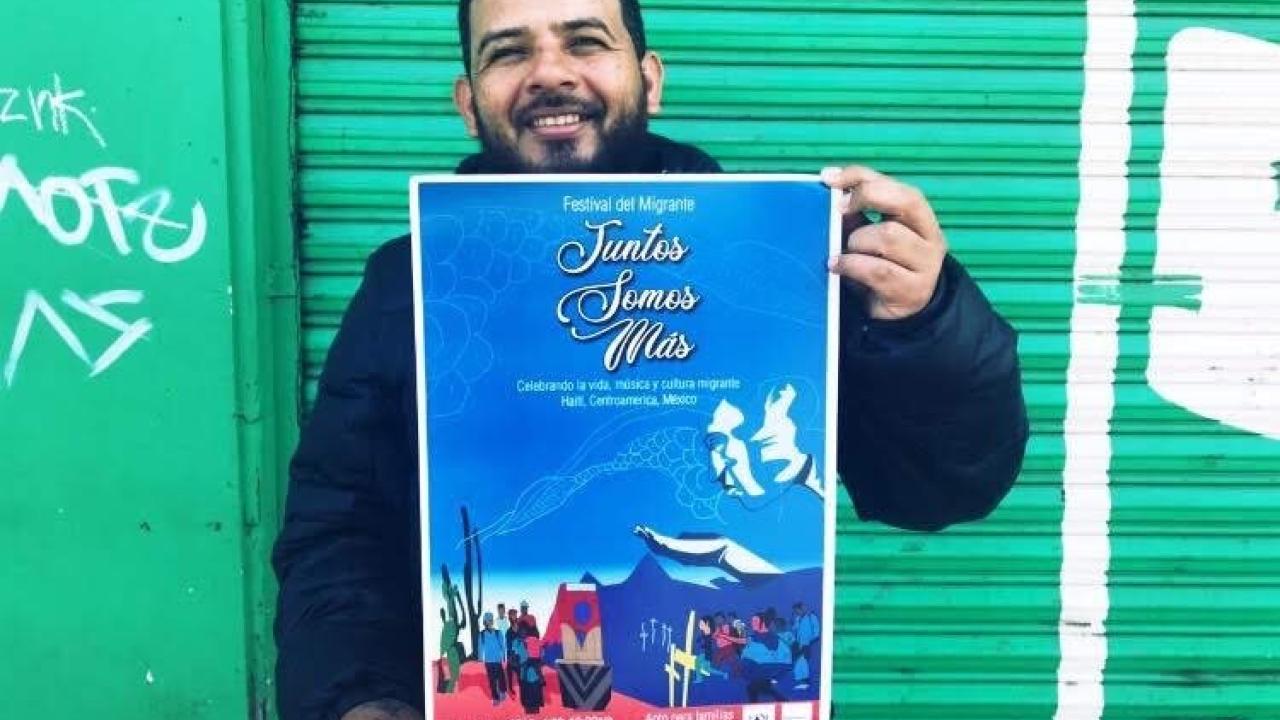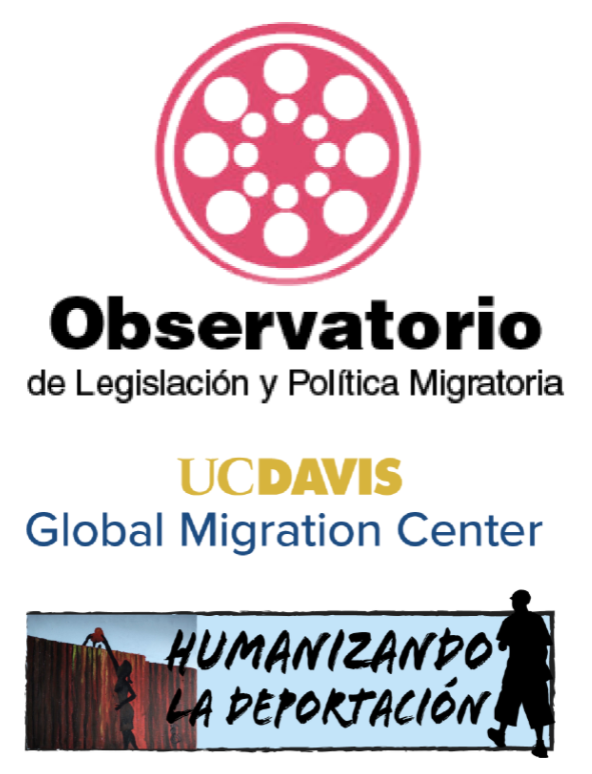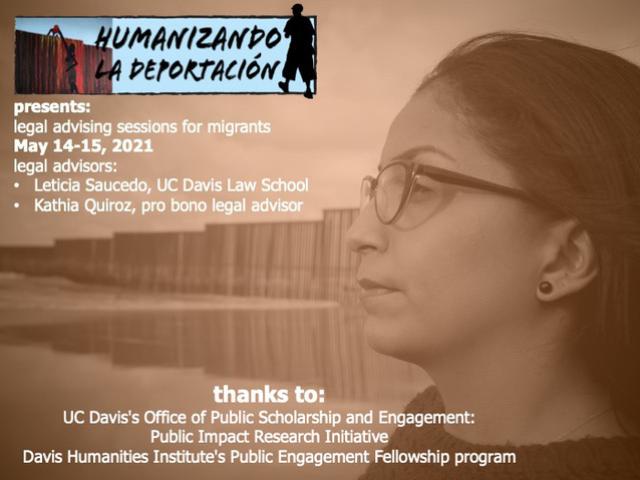
Humanizing Deportation: Vulnerable Migrants in Tijuana
Professors Robert McKee Irwin (Department of Spanish and Portuguese) and Leticia Saucedo (School of Law) received a Public Impact Research Initiative grant to deepen ties with migrant communities in Tijuana through Irwin’s digital storytelling project, Humanizing Deportation, which has been active in Tijuana since its launch in 2016.
We planned public events in collaboration with multiple community organizations including the Border Line Crisis Center and The Bridge El Puente, which would culminate in pro bono legal counseling sessions led by Saucedo, with students from UC Davis School of Law. Unfortunately, the pandemic has made it impossible to organize public events of the kind we had envisioned, or even to travel to Tijuana.
However, we were especially concerned about the conditions faced by migrants in Tijuana, including those of Mexicans who continued to be deported from the U.S. throughout the pandemic, and also newly arriving asylum seekers from Central America and elsewhere, who were left waiting in Tijuana as the border and asylum courts shut down. Irwin, with a colleague from El Colegio de la Frontera Norte, in dialogue with numerous community activist and social service organizations in Tijuana, was able to realize two assessments of the situation for migrants at the border in Tijuana, the first early in the pandemic and the second a year later.

COVID-19 and Migrant Vulnerability in Tijuana: A Looming Crisis
As of April 15, Baja California is the state with the third largest number of cases in the nation, and Tijuana is the hardest hit city in the state. Policies on both sides of the border have radically changed daily life in Tijuana for migrants in only a matter of weeks, and service providing agencies are clearly struggling to adjust. As an onslaught of COVID-19 in the coming weeks seems likely, a rapid response is needed to ensure that vulnerable migrants do not take the brunt of the blow.
In addition, we did begin to organize public events via Zoom. For example, we’d assisted Honduran refugee, Douglas Oviedo of El Bridge El Puente, in publishing a book based on his experience migrating in the fall 2018 migrant caravan. The book was released in the summer of 2020 so we organized several virtual events in Tijuana and elsewhere promoting it.

In May of 2021, we also organized legal counseling sessions for migrants with Saucedo and pro bono lawyer Kathia Quiroz through Zoom. While we were not able to hold these sessions at the Border Line Crisis Center as we had hoped, we did invite the center’s founder and director, deported migrant Danny Ruiz, and fifteen other migrants, to explore their legal options with us.
We even were able to produce a digital story of how one of our migrant activist collaborators responded to community needs during the pandemic. She found support from a local migrant services organization enabling her to offer free food – prepared in her tamale restaurant and served out of her car – for migrants at shelters and on streets around Tijuana.
Despite these achievements, we are concerned that after 14 months we are still prohibited from visiting Tijuana due to university pandemic travel restrictions. One thing that has become very evident to the Humanizing Deportation team this year is that even as the pandemic has shut down travel to tourists, university researchers, and others from privileged backgrounds, migrants – including refugees forced from their homelands and those deported from the U.S. – continue to cross borders in conditions of precarity. We are convinced that the work of community engaged researchers whose research identifies vulnerabilities faced by these migrants should be considered essential and believe we should be permitted to return to our fieldwork as soon as possible.
Learn more about their PIRI Grant Project
All blogs are the personal accounts and opinions of the individual writers and do not necessarily reflect the those of Public Scholarship and Engagement or UC Davis.
